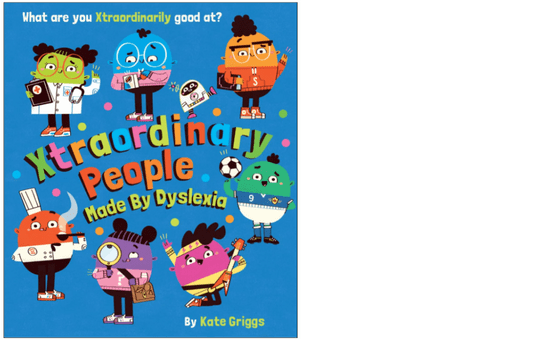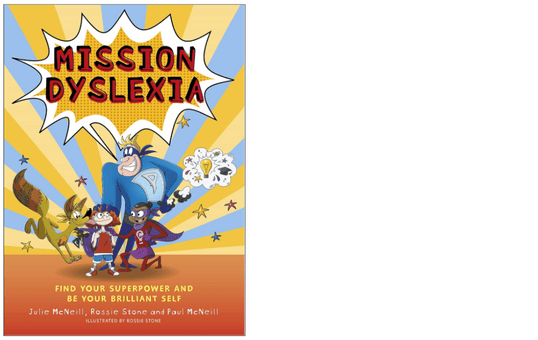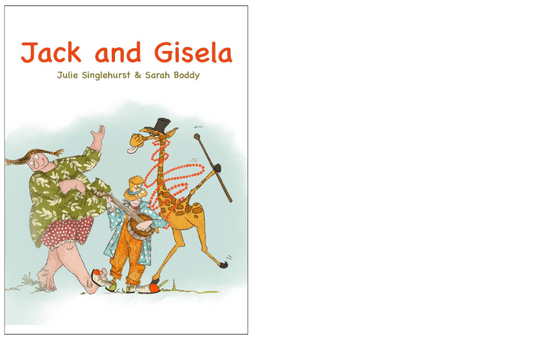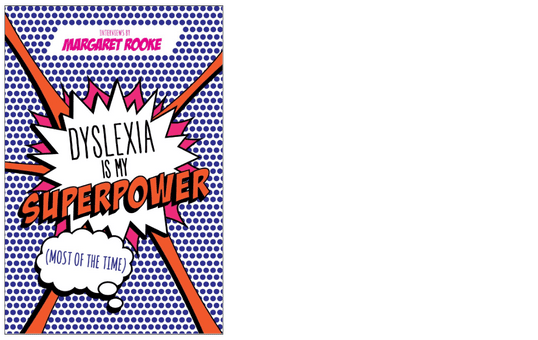Dyslexia Awareness Week #DAW24 – What’s your story?
Monday 7 October to 13 October 2024
This year the British Dyslexia Association’s theme for Dyslexia Awareness Week is DAW24: What’s your story? They are asking you to share your own stories of dyslexia during the week to raise awareness of the diversity of lived experiences within our community. Sharing your story can help demonstrate the importance of early support and intervention and help inspire others by showing that with the right support, it is never too late to change your story.
Throughout the week the British Dyslexia Association will be choosing some of your stories to share across their social channels. Share your dyslexia story by using #DAW24

See Dyslexia Differently
This useful video “See Dyslexia Differently” from the BDA looks at misconceptions about dyslexia and sheds light on the real challenges dyslexic children and young people face while also acknowledging their strengths and potential.
We have complied some useful resources below to help teams supporting children and young people with dyslexia.
Watch the BDA Video – See Dyslexia Differently
Nessy Dyslexia Resources
Nessy are advocates for children with dyslexia and have some very useful information to help parents and teachers to learn the basics of dyslexia and the most common signs including:
- What is Dyslexia? Find out the basic facts
- How to explain Dyslexia to a child
- Common difficulties caused by dyslexia
- Dyslexia myths

Image courtesy of Nessy illustrates how a person with dyslexia
might interpret the word “word”, as “morb”
CENMAC’s Thursday Thirty
Training and Information Sessions
CENMAC supports many children and young people with dyslexia. As each of them have an individual experience of dyslexia it is necessary to try different types of assistive technology as what works well for someone might not be suitable for another.
It is important that the team supporting the child or young person encourages them to use the technology supplied and know how to use the equipment themselves.
On Thursday afternoons throughout term time we run 30 minute training and information sessions on a wide range of assistive technologies giving you the opportunity to listen to product specialists and ask them questions.
Take a look at our upcoming live online sessions and some recorded sessions for teams supporting children and young people with dyslexia.

Introducing Scanning Pens into a Special School
Recorded: Thursday 12 September 2024
In this recorded session Neil Ryland, Business Development Manager for Special Schools at Scanning Pens discusses the importance of understanding all the features, settings and personalisation to ensure the pens do what each individual student requires.

Thinking ahead around exam access
Recorded: Thursday 19 September 2024
In this free online session CENMAC Advisory Teacher Maureen De Longhi provides useful information about organising access arrangements for the SATs, Key Stage 2 tests and GCSE exams.

Supporting SEND Students with Scanmarker Reading Pens
Recorded: Thursday 26 September 2024
In this online session Aventido Product Specialist James will be presenting Scanmarker Reading and Translation pens. We will explore the practical applications and benefits of Reading and Translation Pens in an educational setting.

Inspiration 11: A lifetime tool for users with neuro differences or cognitive challenges
Thursday 5 December 2024, 15.30 – 16.00 (BST)
Inspiration 11 is used to create a variety of visual diagrams, maps, outlines, presentations and more. Combining visual and verbal cues, the software allows students to create highly customisable diagrams that help with creativity, engagement, and memory retention.

Recognising and supporting children and young people with dyslexia
In this recorded sesssion CENMAC’s Dyslexia Assessor and Advisory Speech and Language Therapist Abeer Essa talks about dyslexia and how to recognise if a child or young person might be dyslexic.

Empowering Potential with Arran Smith
In this recorded session Arran Smith, Dyslexia Consultant talks about Assistive Technology which has been brought into mainstream use enabling teachers, students and dyslexic people of all ages to access the inbuilt assistive technology anytime anywhere.

Books to support children and young people with dyslexia
Here are some of the great books that the CENMAC team uses to support children and young people with dyslexia.
Xtraordinary People: Made By Dyslexia
By Kate Griggs (Author), Richard Branson (Contributor), Steven Woods (Illustrator)
Dyslexic people think differently. This different way of thinking makes us ‘Xtraordinarily’ good at certain things. This book will help you discover the seven different types of ‘Xtraordinary’.
Mission Dyslexia: Find Your Superpower and Be Your Brilliant Self
by Julie McNeill (Author), Paul McNeill (Author), Rossie Stone (Author, Illustrator)
Meet Creatia, Persisto and Willforce. They are strong, determined and creative, and they represent the strengths that dyslexia can bring to your life. Together they encourage you to use your skills and talents to be confident in what you do – and shrink the villain Mr Dyspicibilia!
Jack and Gisela
by Julie Singlehurst (Author), Sarah Boddy (Illustrator)
“Jack and Gisela” is a game-changer for supporting learners with dyslexia in their reading journey. With a unique combination of an engaging story, vibrant illustrations (carefully selected to aid meaning-making), and helpful prompts for the guiding adult (so they can teach effective reading strategies), this book makes learning fun and accessible.
Dyslexia is My Superpower (Most of the Time)
By Margaret Rooke (Author)
In more than 100 interviews, children and young adults reveal their personal tips and tactics for honing the creative benefits of dyslexia, enabling them to thrive in school and beyond. Strategies include ways to develop confidence and self-belief.







